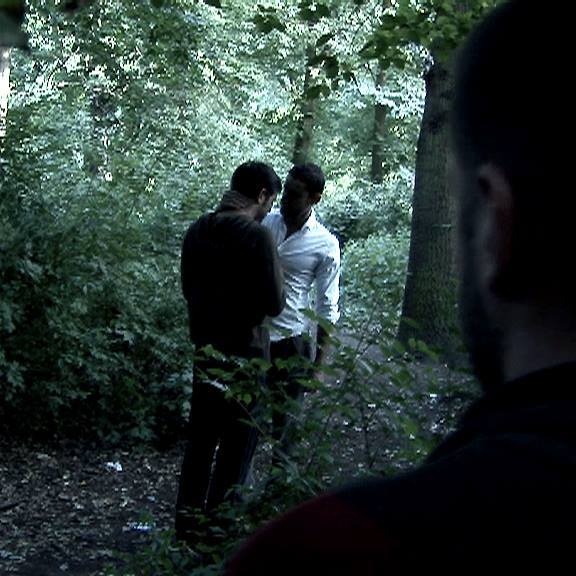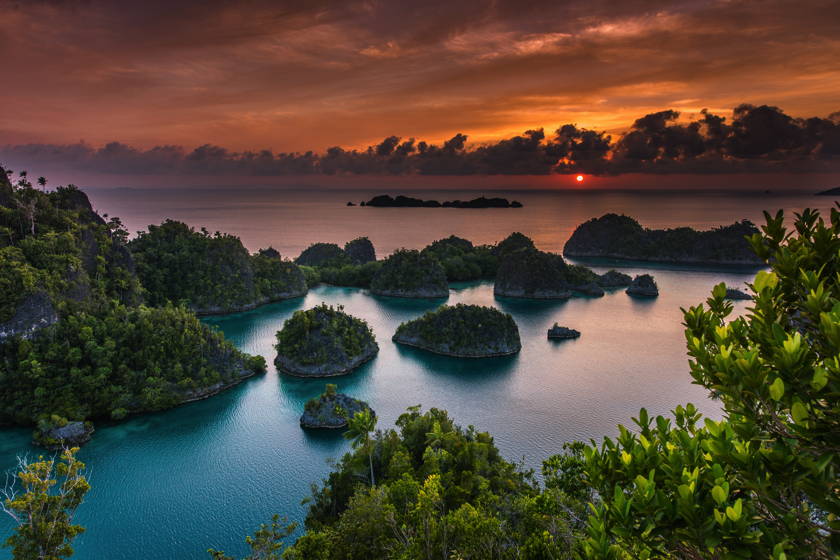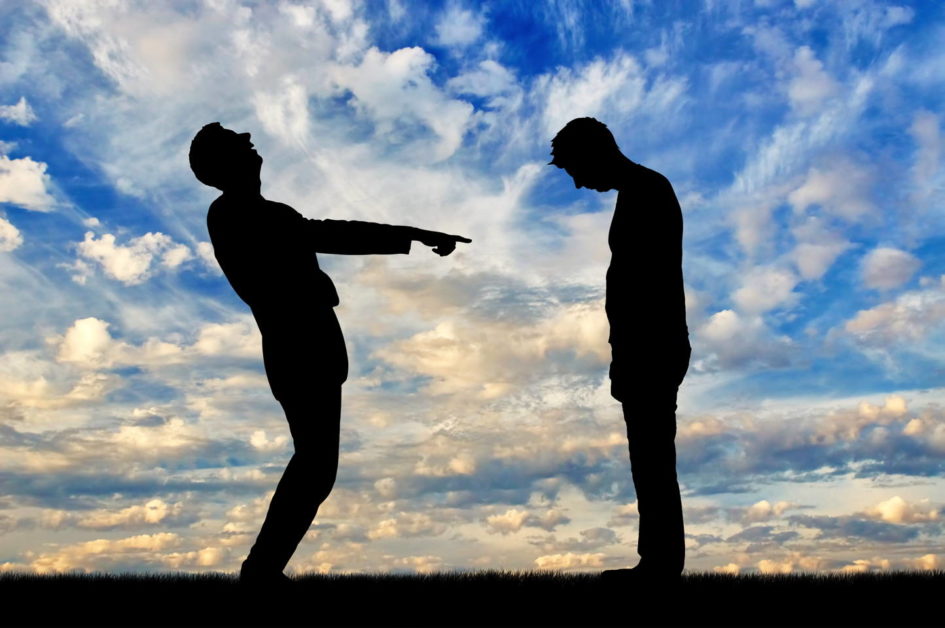A lot has happened for LGBTIQ+ people in the past 20 years. We are still a long way from reaching the end of the road and the fact that it has taken almost 20 years to translate one of the leading scientific works on male homosexuality into German proves this once again. The French sociologist Didier Eribon, who also became known to a wider German audience with his “Return to Reims”, already in the 1990s devoted himself to questions about the upbringing and adolescence of gay men, between shame and hate, which are still relevant today. “Les réflexions sur la question gay” or in German “Betrachtungen zur Schwulenfrage” is not only structurally informative, but can also be suitable bedtime reading to get a little closer to oneself and the question of one’s own self.
Those who feel less connected to the academic world should not be put off by Eribon. His personal closeness as well as his intellectual leanings towards Foucault are an important part of this reading, but Eribon is also very popular with the writers among us. Thus he refers again and again to the grandmaster of polished aphorisms Oscar Wilde, who inspires whole masses with his literature as well as his biography. He is followed by André Gide, who enjoyed great popularity especially at the beginning of the 20th century and paved the way for modern thinking about homosexuality with his rather unknown work “Corydon”. Admittedly, the latent Greek-Platonic approach that Gide chose today is probably rather outdated, but if you want to know where you are going, you sometimes have to take a look at the path that lies behind you.
In times of toxic masculinity and hypersexualisation, one thing must not be missing, of course: Sex. Out of fear of homophobia Eribon is still reluctant to touch his partner in public, but in his work he sometimes gives us deep insights into his not always so private sex life. Without losing sight of science, Eribon artfully discusses the creation of gay places, safe spaces and public sex. If you follow him along the Seine at night, you will be surprised in some places by a strongly male clientele that disappears into bushes or in public toilets. Where does the inclination to lavatories and the need for safe rooms come from? The observations and its return provide information about the genesis of what we live today: gay culture.

Throughout the entire work, questions of hate and shame run through the inside as well as the outside: we are shamed and hated by others and ourselves, and in return we also participate in the shaming and hating towards others. Whether they are the reflections of Foucault, Wilde or Gide, of Proust, Whitman or even Eribon’s very own, they all have one thing in common: they seek to discuss what we, as gay men, live today. Last but not least, we owe it to the poets and thinkers who came from far away. Judges and executioners are not only the clear opposition of the LGBTQI+, but more often we ourselves. Many names have been given to us over the years and although we have been able to overcome some of them, we undermine each other and ourselves with the very names that have been imposed on us.
While Gide at the beginning of the 20th century considered pederasty the only form of “normal” homosexuality and therefore considered it modern; Proust didn’t dare to use the pronoun “I” and Eribon only came back to life after the death of his father, one might think that we will enjoy greater freedom in 2020. To see it more shockingly, that this is not so. Exhibitionism seizes not only the freedom of the body, but (unfortunately) also the freedom of shameful thoughts. A look at our common history would not only be instructive but hopefully also connecting. This appeal is not to be understood as a compulsion to create a uniform look. Much more I like a Barthesian thinking.

Barthes’ archipelago literature is also a must-read in terms of content, but here it is more about the outside. An archipelago is a group of islands that deserves special (literary) attention. Each island represents its very own ecosystem, quasi an individual. These ecosystems are in turn clearly connected to their sister islands in their own group. In certain areas there is a lively exchange, others remain separate from each other. If we apply this to ourselves, we should soon realize that our own individuality is not corrupted by others, as it is not enriched much more. Our own ecosystems do not function without the others. Sometimes we need someone to stand up for us. Sometimes we need someone to show us who we are and can be. Sometimes we need someone!
Eribon and his predecessors do not propose a “how” but they do propose a “why”. So the next time you are lying in bed thinking about who you are, feel inside yourself.
None of us is simply an island. We’re an archipelago.


Leave a Reply